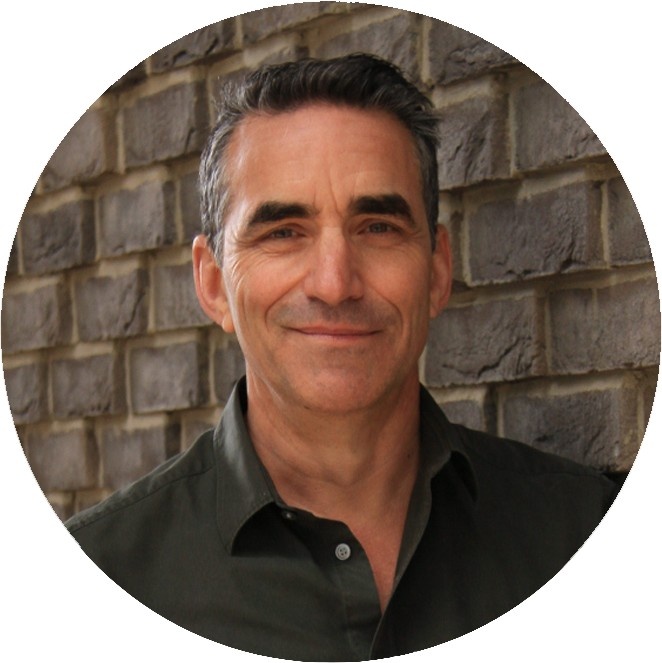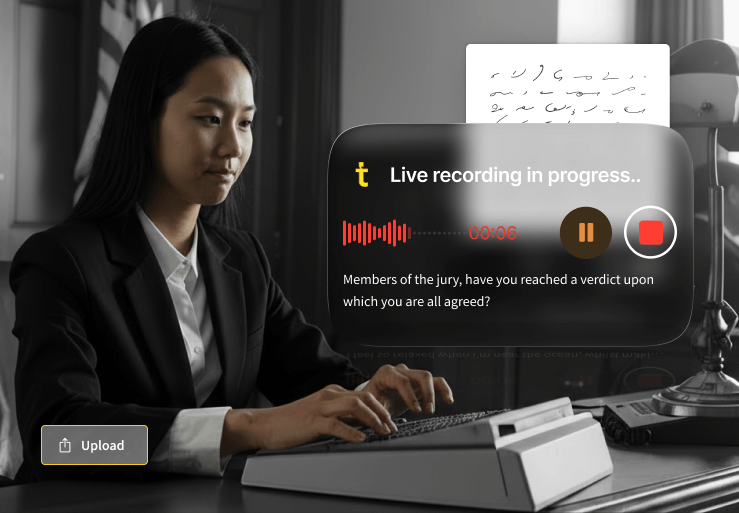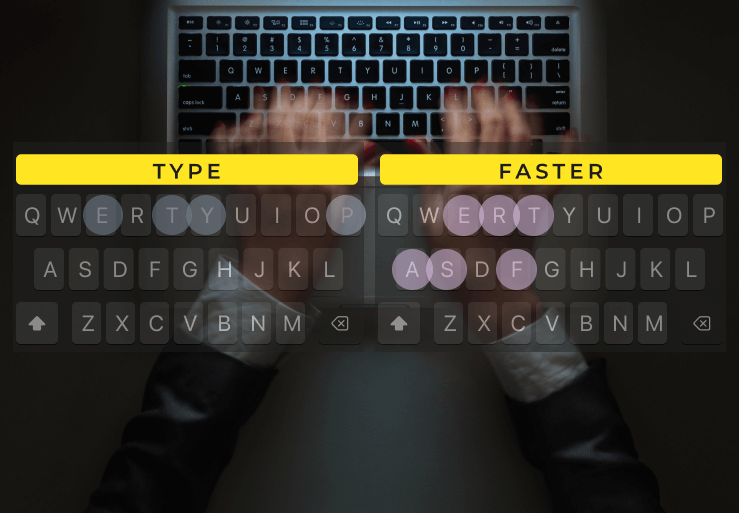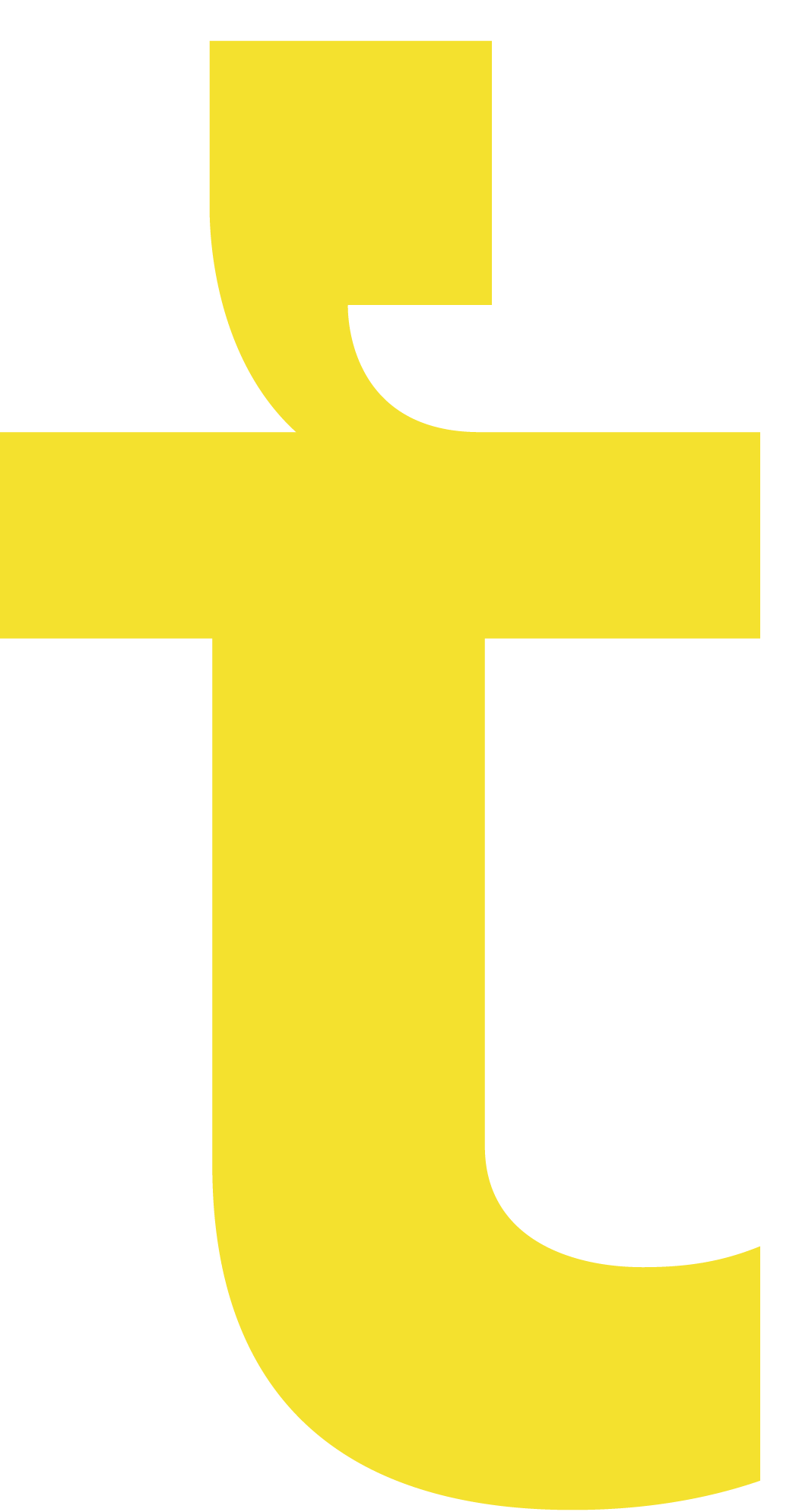
Wenn du in den Journalismus einsteigen willst oder eine neue Stelle suchst, musst du in Bewerbungen überzeugen — Redakteur*innen haben wenig Zeit für lange Anschreiben, schwache Pitches oder fehlerhafte Lebensläufe. Dieser Guide zeigt, wie du einen scharfen, maßgeschneiderten Lebenslauf (Resume/CV) und ein überzeugendes Anschreiben schreibst.
Wie schreibe ich einen Journalisten‑Lebenslauf?
Dein Lebenslauf ist dein Pitch: Zeig schnell, dass du die Fähigkeiten, Erfahrung und Instinkte einer Journalistin/eines Journalisten hast.
Was rein gehört
- Name & Kontaktdaten: E‑Mail, Telefonnummer, Portfolio‑Link.
- Personal Statement: 1 Absatz „Elevator Pitch“ — Fähigkeiten & Karriereziel.
- Kernkompetenzen: Relevante Skills zum Job (Recherche, Interview, Shorthand, News/Feature‑Writing, SEO, CMS, Social, Video‑Editing, Transkriptions‑Tools etc.).
- Berufserfahrung: Reverse‑chronologisch, mit Bulletpoints zu Verantwortlichkeiten und Erfolgen.
- Ausbildung
- Awards & Auszeichnungen
Beispiel
[Name]
[Ort]
[E‑Mail]
[Tel]
[Portfolio‑URL]
[LinkedIn‑Profil]
Profil
Multimedia‑Journalist*in mit 6+ Jahren Erfahrung im nationalen digitalen und Print‑Journalismus. Schwerpunkt investigativer und politischer Berichterstattung; versiert in Visual Storytelling.
Kernkompetenzen
- News & Feature Writing
- Investigative Reporting
- Video‑Produktion & Schnitt (Premiere, Final Cut)
- SEO
- Social Media
- Datenjournalismus (Excel, Tableau)
- AP‑Style & Fact‑Checking
Berufserfahrung
Political Reporter — The Washington Post — Washington, D.C.
März 2021 – heute
- Berichterstattung von Capitol Hill; tägliche News und Longform.
- Live‑Berichterstattung und Multimediaproduktionen.
Ausbildung
BA Journalismus — New York University — 2018
Zertifikate
- Poynter Institute: Investigative Reporting
- Google News Initiative: Data Journalism
Wie schreibe ich ein Anschreiben für den Journalismus?
Das Anschreiben ergänzt den Lebenslauf: Es stellt dich vor, hebt relevante Erfahrung hervor und zeigt, warum du zur Redaktion passt. Nutze es, um knackigen Text zu demonstrieren.
Inhalt
- Einleitung: Wer du bist und welche Position du willst.
- Relevante Erfahrung: Bylines, Story‑Beispiele, Exklusives.
- Kernkompetenzen: Recherche, Schreiben, Multimedia, Deadlines.
- Erfolge: Veröffentlichungen, Exklusives oder Projekte.
- Persönliche Passung: Warum diese Redaktion?
- Call to Action: Bitte um Gespräch.
Beispielanschreiben
Dear [Editor’s Name],
I’m applying for the reporter role at [publication]. I’m a multimedia journalist with three years’ experience covering politics and culture, with bylines in [notable publications]. I’ve landed exclusives and turned complex policy shifts into accessible stories.
What draws me to [publication] is your agenda‑setting journalism — not nur Berichterstattung, sondern das Hinterfragen von Mechanismen. Genau das möchte ich weiter vorantreiben.
In meinem letzten Job habe ich eine Serie zu [Thema] konzipiert und redaktionell umgesetzt — eine Mischung aus Breaking News und investigativem Reporting.
Ich freue mich auf die Chance, meine Energie und Erfahrung in Ihr Team einzubringen.
Kind regards,
[Dein Name]
Top‑Tipps
- Maßschneidern: Passe CV & Anschreiben an jede Stelle an.
- Kurz halten: CV 1–2 Seiten, Anschreiben 300–400 Wörter.
- Quantifizieren: Zahlen wirken — „Traffic +30 %“ statt „mehr Engagement“.
- Tools nennen: CMS, Editing‑Tools, Analytics, Trint etc.
- Recherche zeigen: Nenne ein aktuelles Stück der Publikation und begründe, warum es dich angesprochen hat.
- Ruthless proofread: Kein Typo! Das zeigt Sorgfalt.
Mit diesen Tipps schärfst du deine Bewerbung und erhöhst deine Chancen, in einer Redaktion Fuß zu fassen. Mehr Ressourcen findest du im Creator Hub.
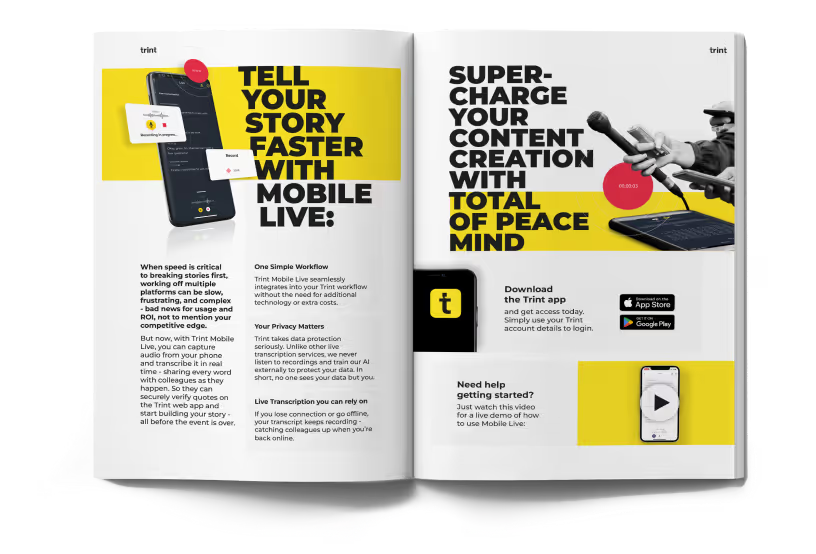
DON'T take our word for it
Download our eBook, Telling Stories Faster With Trint, and hear how Trint is making content creation faster, easier and, most importantly, painless for newsrooms across the world.
Download